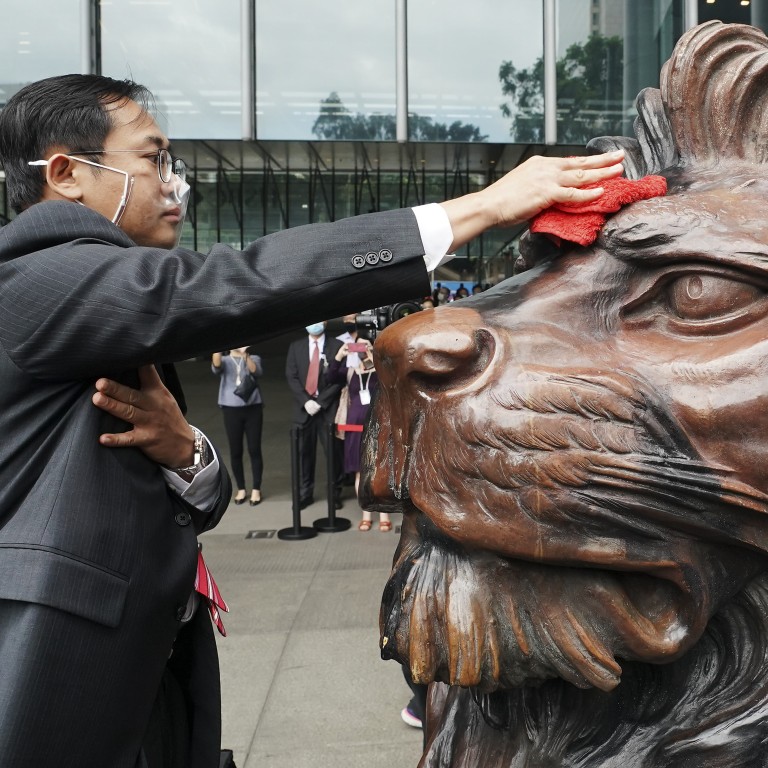
Hong Kong as China’s Jersey? How mainland China can still find a use for our city
- Corporate change is gripping Hong Kong as our integration into China is being accelerated by the coronavirus and the national security law
- Mainland influence in banking, aviation and other sectors suggests that the Hong Kong economy will be more domestically focused than the global entrepot it once was
When I first moved to America in 1984, AT&T provided monopoly telephone services to the whole of the United States and Canada. My impression of the company was undeniably positive. They provided me with a new phone line in two days – this was before mobiles – and gave me my future phone number there and then.
Monopoly power does not have to be a bad thing if it works in the interest of the customer. Admittedly, it rarely happens, hence the powerful US anti-trust laws that threatened the company’s forced break-up. AT&T voluntary spun off the “Baby Bell” regional telephone companies which cracked open the telephone service and equipment supply market to competition.
The break-up of big companies in America is nothing new. Standard Oil and American Tobacco were broken up in 1911. US Steel followed in 1920 and other behemoths, including Microsoft, have agreed to divestitures or settlements. Amazon, Facebook, Twitter, and even Apple are possible targets.
It seems ironic, in the land of capitalism, to break up not just large domestic companies but also global champions for doing stunningly well. On the other hand, it is a unique and beneficial element of American capitalism that companies are allowed to grow unfettered – up to a point. A split often means the sector gets a boost from increased competition, creativity and better use of capital.
However, their chances of breaking into European and US markets are fading. American and European markets are tough to crack because the very domesticity of Chinese giants does not always translate to Western appetites and, more recently, because the authorities there are increasingly inhibiting the domestically protected Chinese competition.
An Oracle-ByteDance deal for TikTok gives Huawei a glimmer of hope

01:46
Hong Kong’s flagship carrier Cathay Pacific to axe 5,900 staff and immediately drop Dragon brand
No private owner can support an airline that cannot fly. So it appears almost inevitable that Cathay will eventually become majority-owned by Chinese interests, who would acquire a portable brand with a Western mindset to tackle global expansion.
Businesses and investors bow to tense political reality in Hong Kong
We also have the undignified picture of former chief executive Leung Chun-ying suggesting a boycott of HSBC for not taking a strong political stance in supporting the national security law. It would be unsurprising then if the Hong Kong and China operations of HSBC developed a separate Chinese-majority ownership.
Many countries find regions or dependencies with different taxation and legal jurisdictions under their sovereignty to be useful for their international economic activities. Monaco, Andorra, Jersey and the Isle of Man stand as examples. Hong Kong will fill this role for China.
Richard Harris is chief executive of Port Shelter Investment and is a veteran investment manager, banker, writer, broadcaster and financial expert witness

